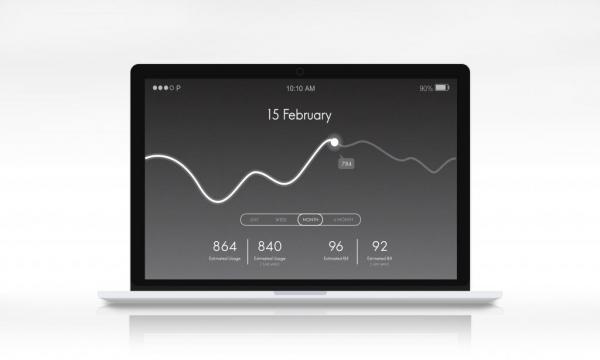By Lyndsey Hall
Tax on directors’ loans increased from 25% to 32.5% on 6th April 2016, mirroring the dividend upper rate. The change was announced in the Budget 2016 and introduced through Finance Act 2016. The government expects the new rate to bring in £310m to HMRC by 2021.
The measure is intended to prevent owners of close companies avoiding personal tax by remunerating themselves through loans or advances which are not repaid, or other arrangements, rather than taking dividends or salaries. The new rules apply to all relevant loans made or benefits conferred by close companies on or after 6th April 2016. ‘Close companies’ tend to be limited companies with five or fewer ‘participators’, or where all ‘participators’ are also directors. ‘Participators’ usually just means shareholders in limited companies of this size.
This move follows radical changes to dividend taxation in Summer Budget 2015, including the introduction of the £5,000 dividend allowance, which mainly affected owner-managers of businesses. According to Peter Rayney of Peter Rayney Tax Consulting, “When the dividend tax increases were announced [in Summer Budget 2015], there was no mention that the section 455 tax charge on directors’ loan accounts would be increased.
“Many owner-managers were therefore preparing to ‘live-off’ overdrawn loan accounts at relatively palatable tax rates as a response to the dividend tax increases. They will therefore be very disappointed that the Chancellor has pre-empted their tax planning by increasing the Section 455 tax rate from 25% to 32.5%.”
Depending on your circumstances, a director’s loan may still be the most tax efficient method of extracting money from your business. If you are looking for a short term loan, this could be your best option, as the corporation tax of 32.5% is only payable if the loan has not been repaid within 9 months of the accounting period end, and will be refunded by HMRC once the loan is repaid in full.
However, repaying a loan and immediately taking it out again is a red flag to HMRC, who call this tax avoidance tactic ‘bed and breakfasting’. Consider the date you take the loan in order to enjoy the maximum repayment time; borrowing the money on the first day of your company year will give you 21 months to repay, whereas borrowing it on the last day will only give you 9 months.
If you have any questions about director’s loans and how the tax increase may affect your remuneration options, get in touch with us. We’d be happy to discuss your individual circumstances and help you decide on the best method of payment for you.
Related articles:
Avoid the minimum wage rise trap



